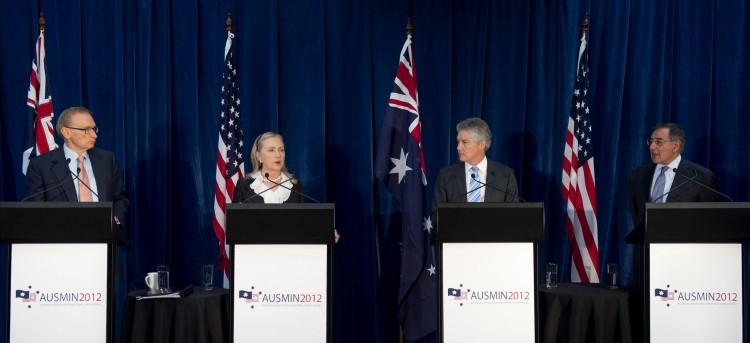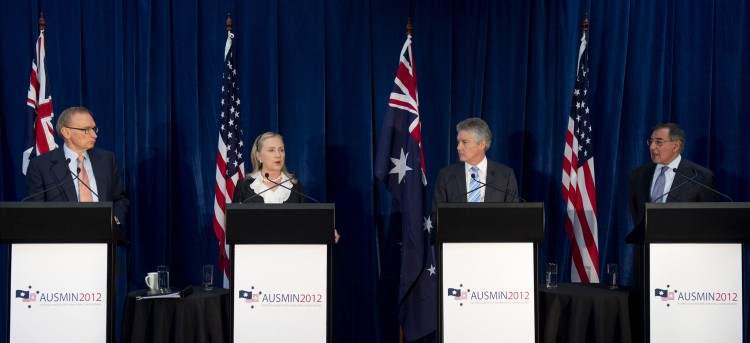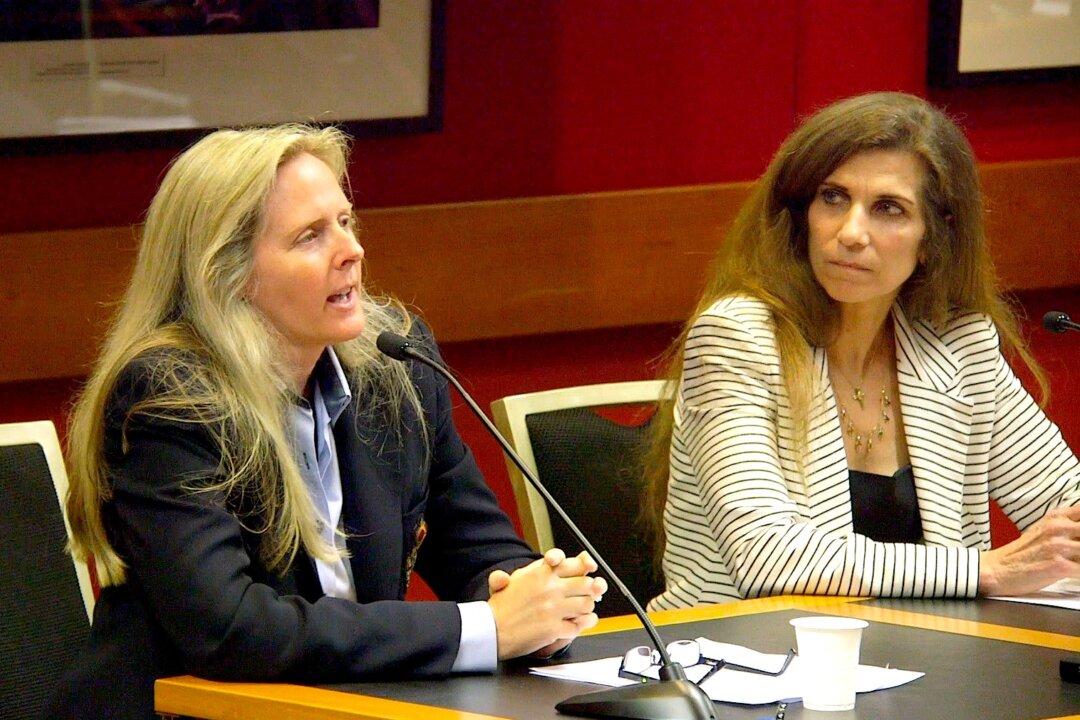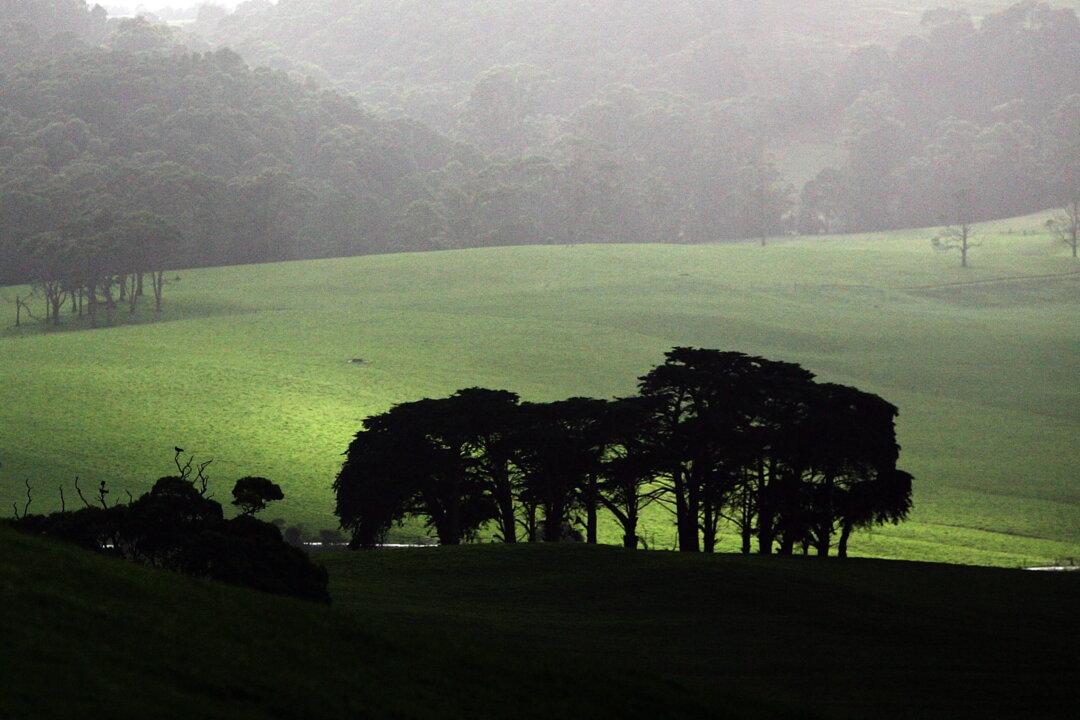Asian Century Strengthens US-Australia Alliance
Over the next few years, the US will send more troops to Darwin and Australia will provide the US with greater access to airfields in the north and naval bases on the west coast, such as HMAS Sterling on Garden Island near Perth.
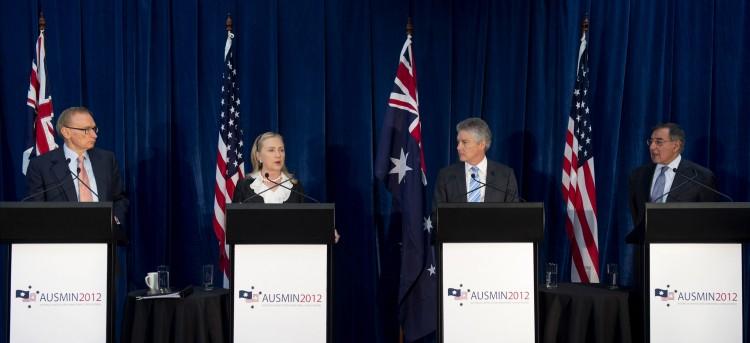
Australian Foreign Minister Bob Carr (L), US Secretary of State Hillary Clinton (2nd L), Australian Minister of Defense Stephen Smith (2nd R) and US Secretary of Defense Leon Panetta (R) hold a press conference following meetings as part of AUSMIN at the State Reception Centre in Kings Park on Nov. 14, 2012 in Perth, Australia. The bilateral AUSMIN forum will focused on foreign, defence and strategic policy. Saul Loeb/Getty Images
|Updated:
